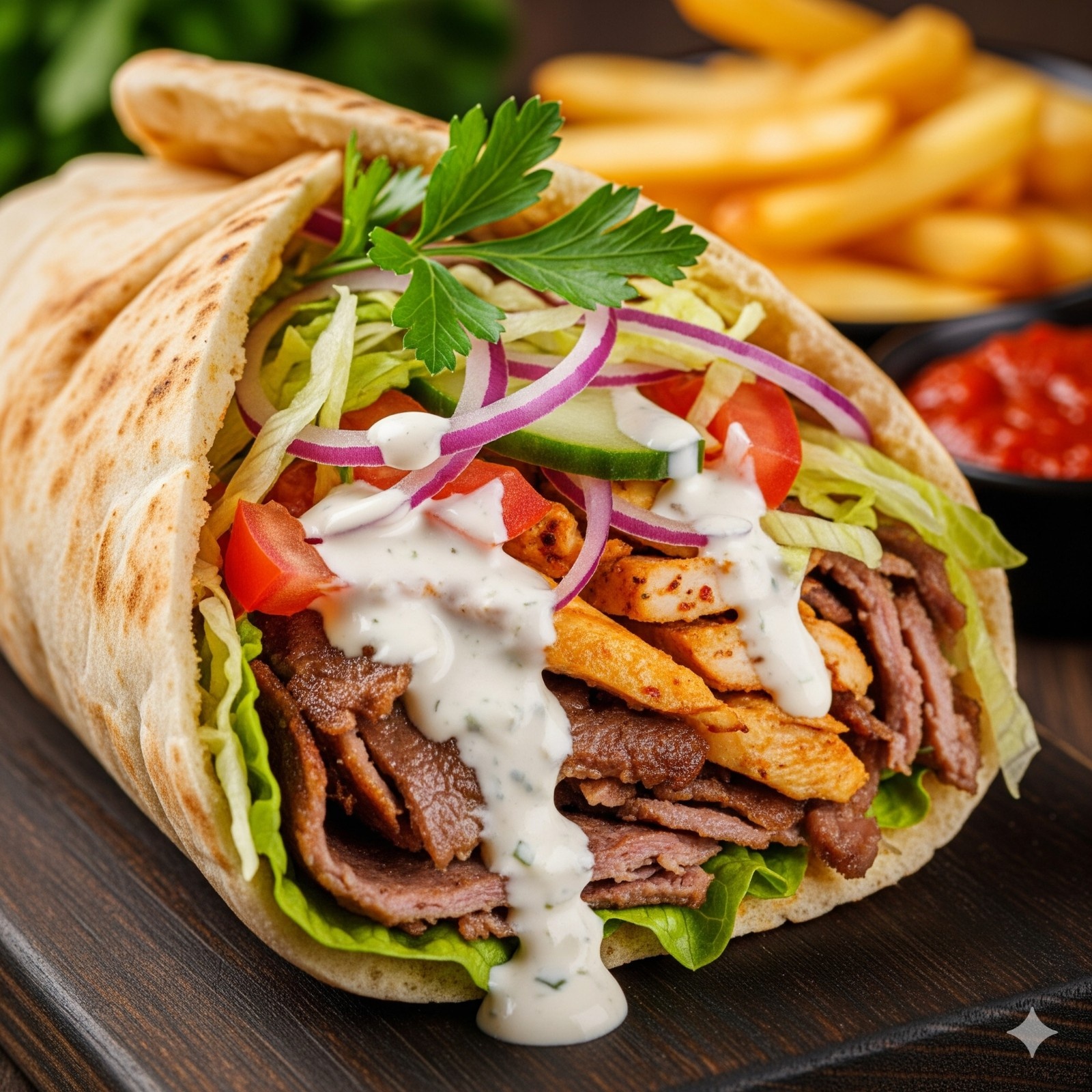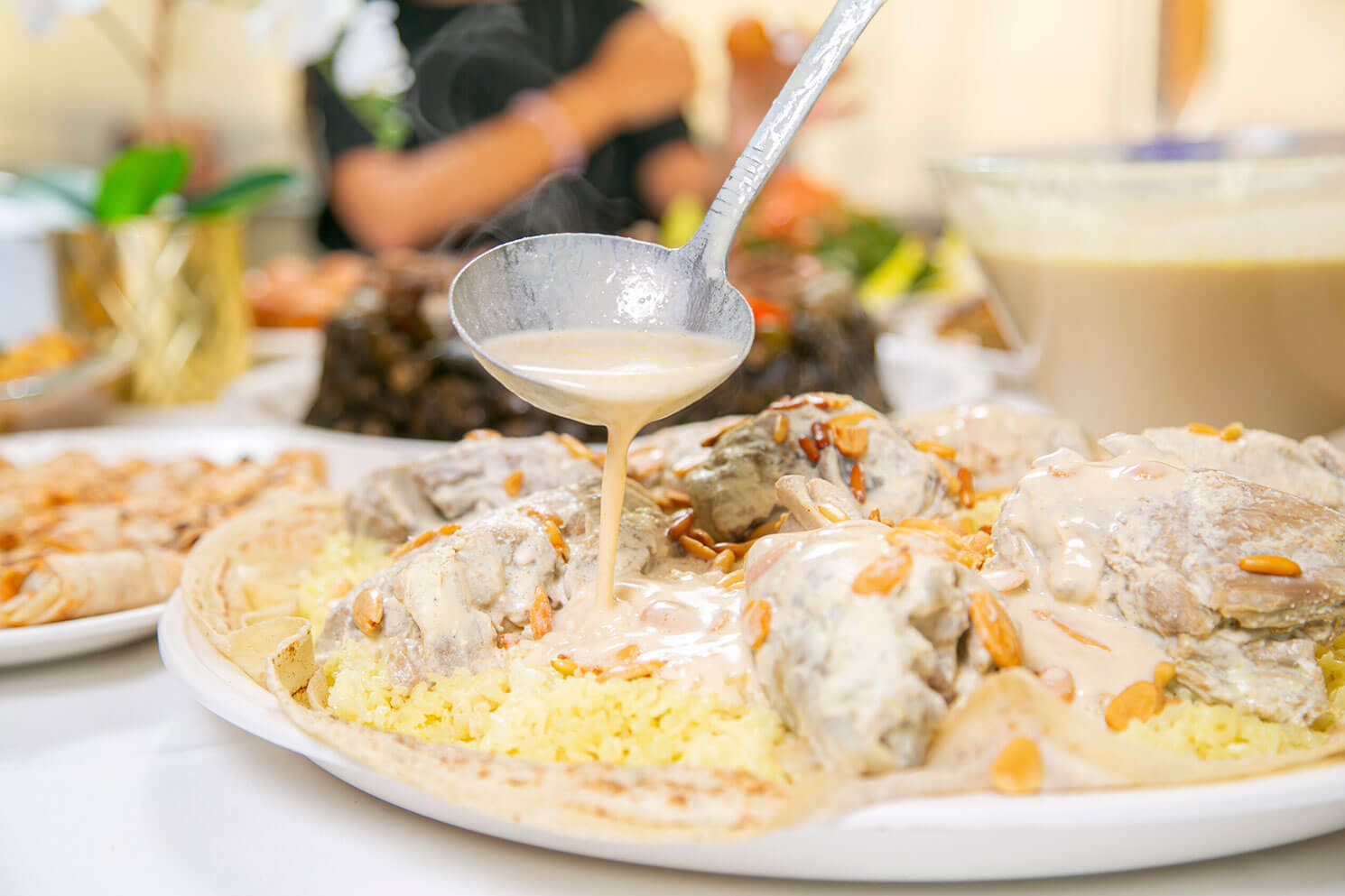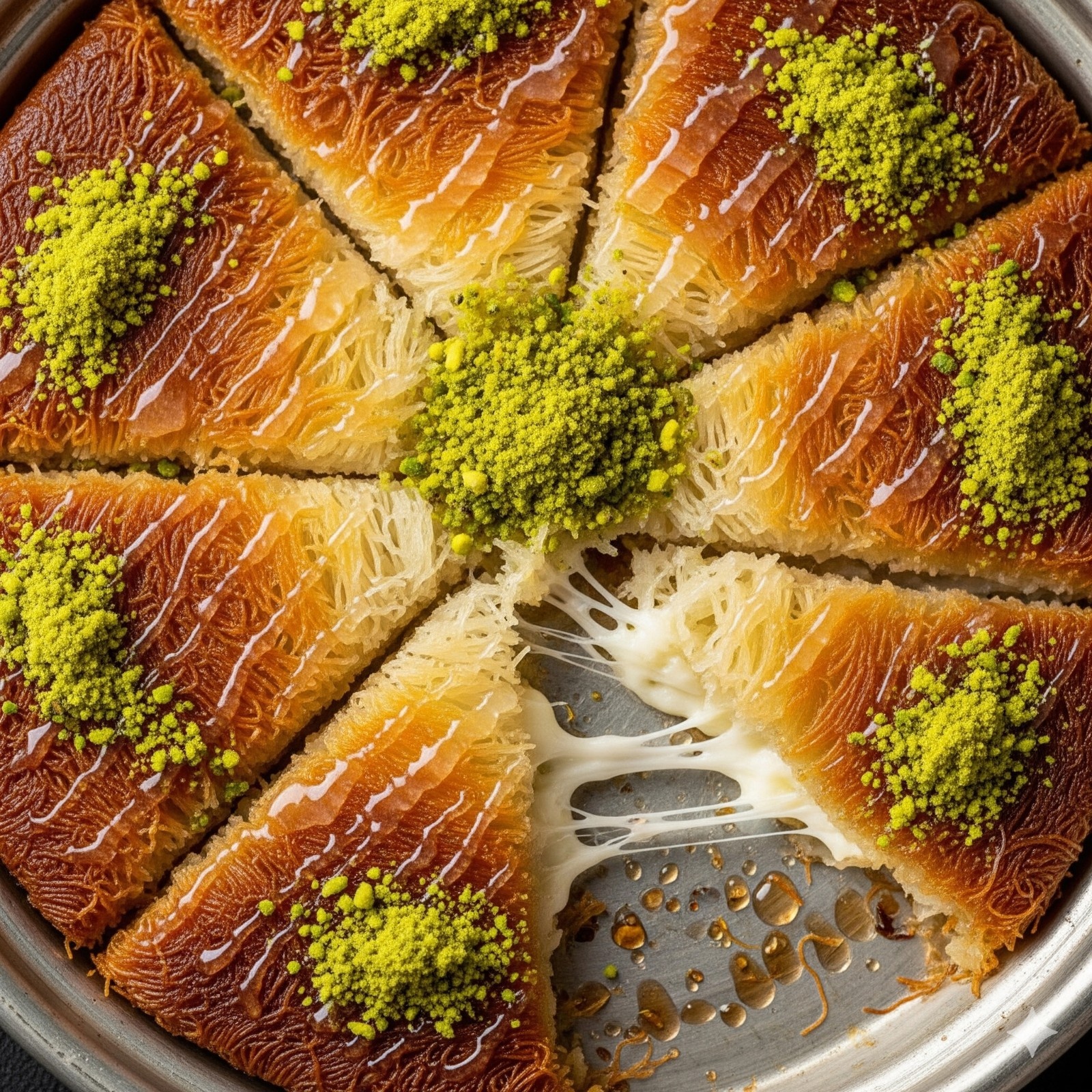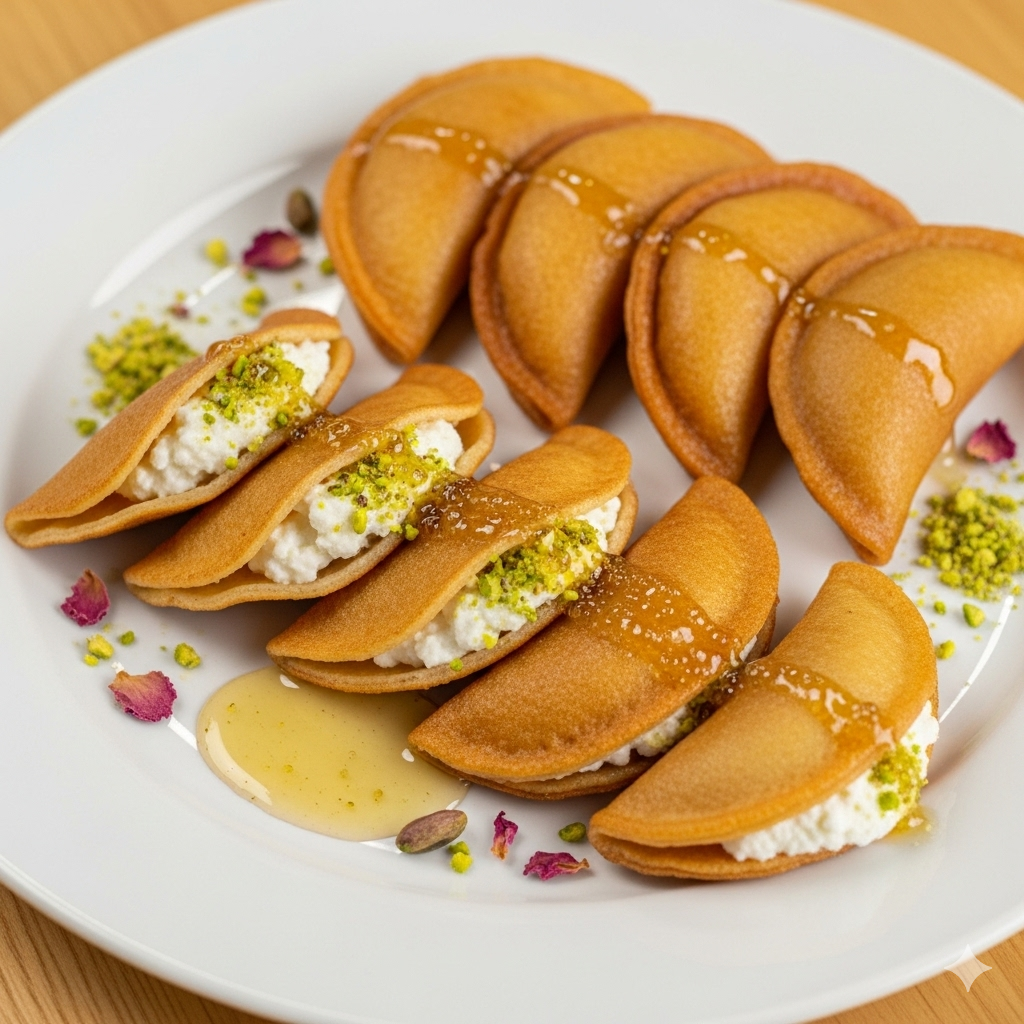













When you study Arabic at Almujam Institute in Amman, you're not just immersed in language — you're also surrounded by the rich and diverse world of Jordanian and Middle Eastern cuisine. The institute's location places you just steps away from a wide selection of eateries that suit every taste, time constraint, and dietary preference.
Whether you're grabbing a quick lunch between Arabic classes or sitting down for a hearty post-study meal, the area offers something for everyone:


Jordan: A Stable and Welcoming Country in the Middle East
While the Middle East has experienced significant political and social changes over the past decade, Jordan has remained a pillar of stability in the region. The country is known for its calm environment, strong government institutions, and friendly population.




Explore Jordan with Almujam
At Almujam, language learning goes beyond the classroom. We believe that deep understanding of Arabic comes from living it, hearing it, and engaging with it in real-world settings. Our cultural immersion program offers a wide range of activities, field trips, and guided excursions that allow students to experience Jordan's rich heritage, landscapes, and daily life.
Getting to Jordan
Jordan is served by several major international airlines. Students traveling from North America, Europe, and Australia can choose from reliable carriers such as Royal Jordanian, Lufthansa, and KLM. If you need assistance making travel arrangements, feel free to contact us. We are happy to offer guidance.
Recommended Airport
Arrival Recommendations for Arabic Language Students
We strongly recommend that every student arriving at Almujam Center plan to arrive at least two days before the first day of orientation. This allows time to settle into student housing and overcome jet lag. Students with reservations in Almujam Housing should consult the Housing Overview webpage for detailed move-in dates and times. It is essential that all students arrive at least 24 hours before the Orientation session to ensure full focus during this important introduction to the institute.
The formal Orientation at Almujam includes placement exams, an introduction to studying Arabic abroad, a review of institute policies, visa registration, and a cultural tour of historic sites in Northern Jordan.
Do you want to enhance your Arabic language skills by gaining practical work experience? At Almujam Center, we provide valuable opportunities to combine language study with internships and volunteering in Jordan.
Put your Arabic to work by adding hands-on experience in community development, social services, education, business, diplomacy, media, human rights, and more. Engaging with the local community deepens your cultural understanding and enriches your regional knowledge.
Internship Eligibility and Placement
